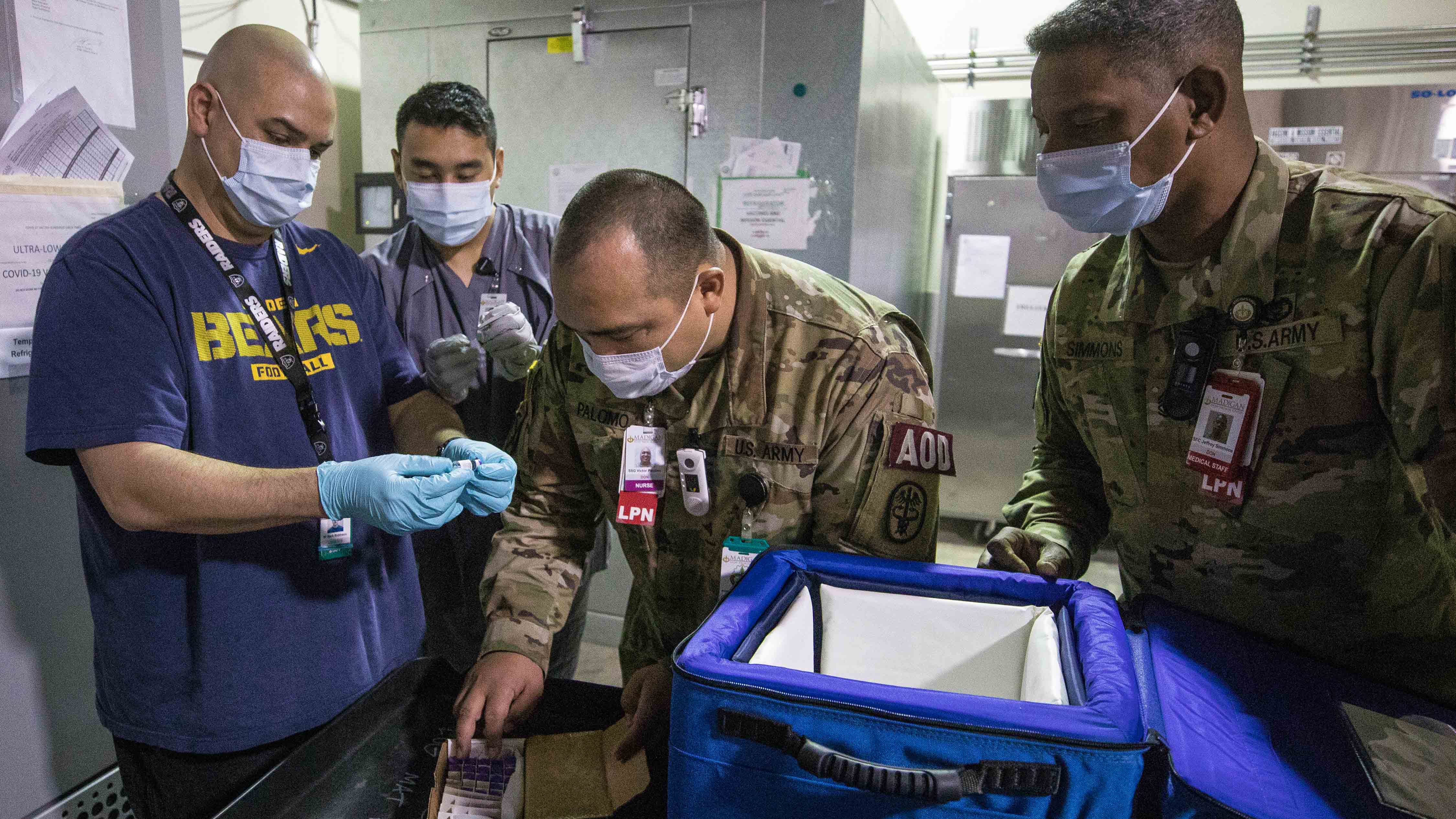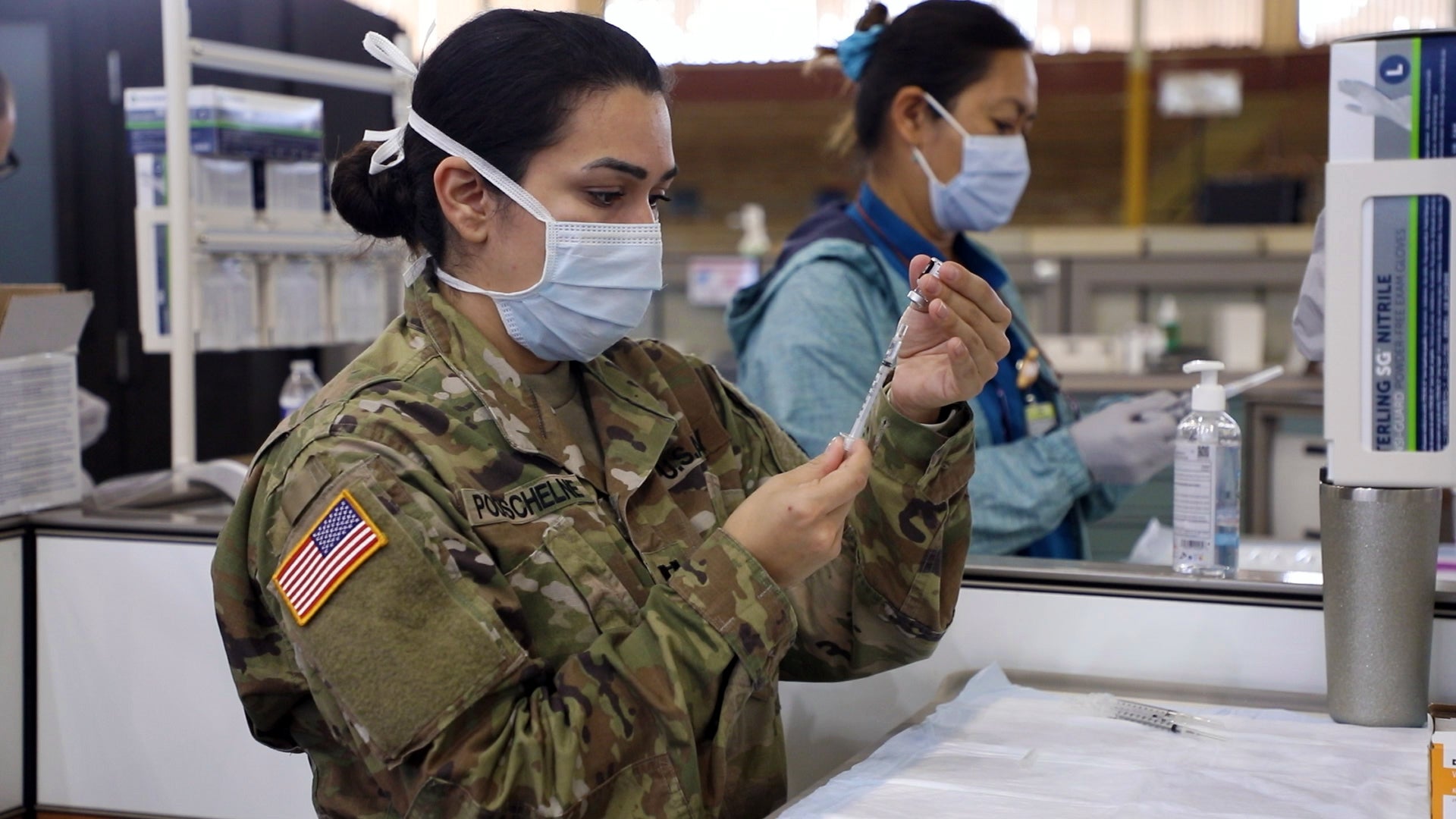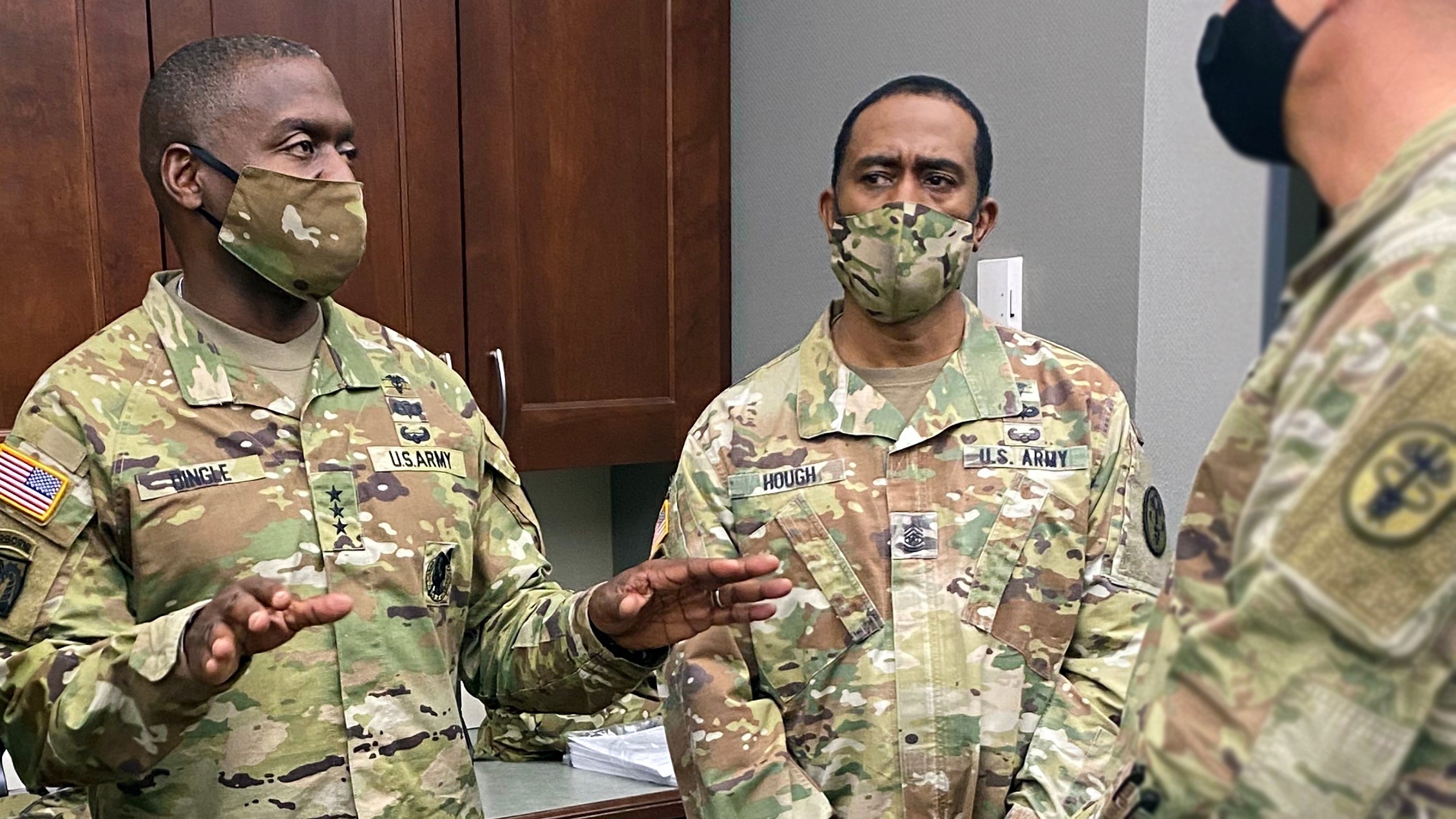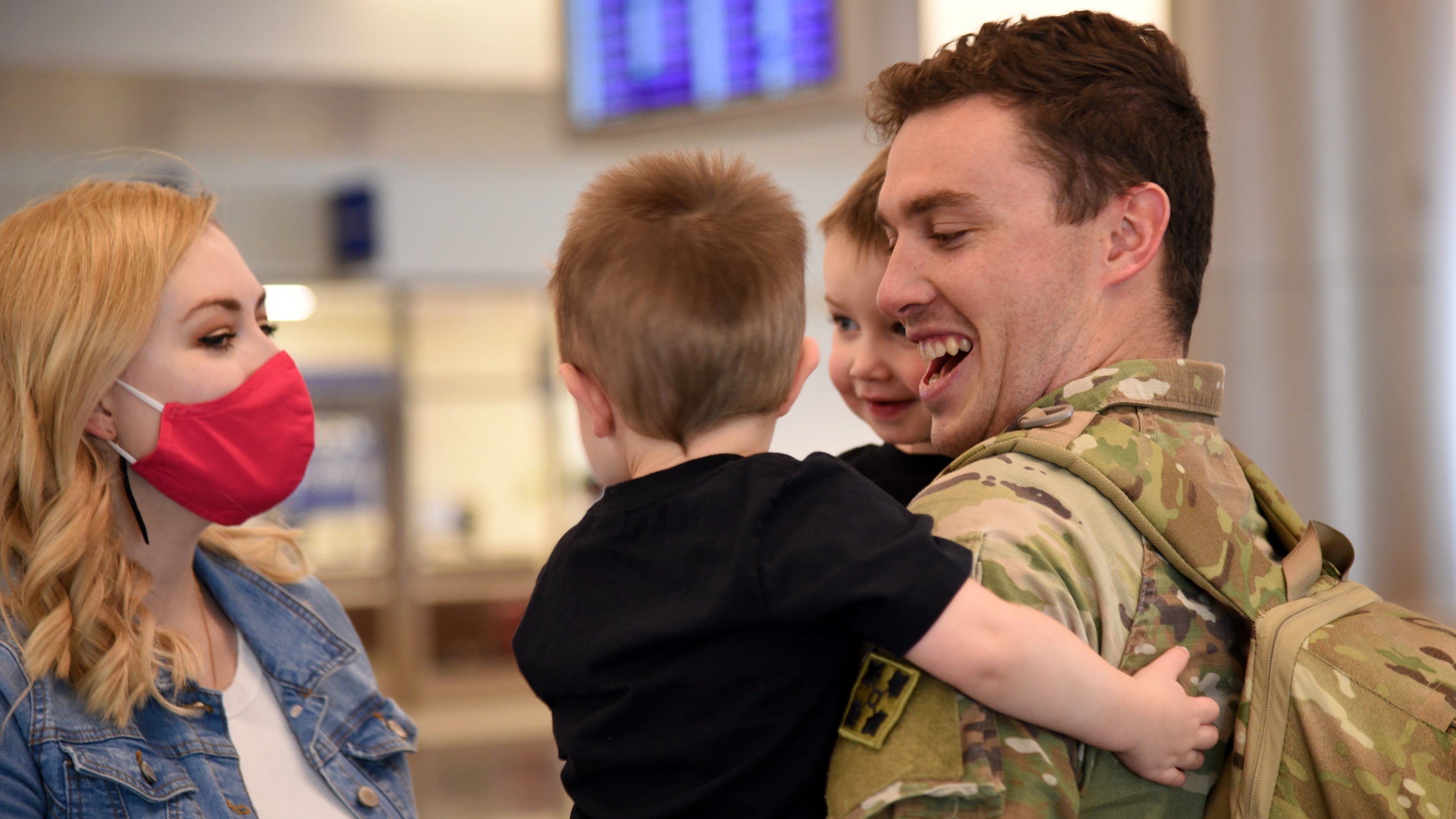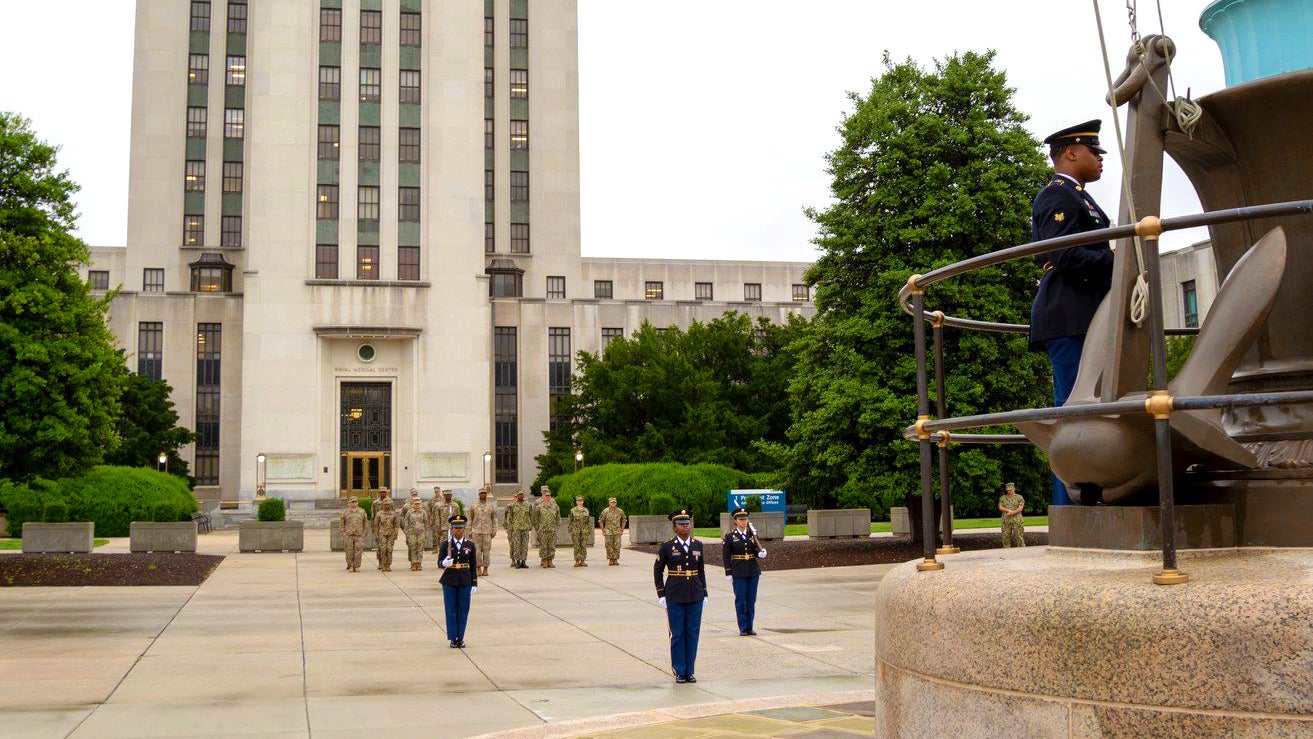Veterans in Crisis Eligible for Free Emergency Care

Veterans in acute suicidal crisis can receive care at any emergency health care facility at no cost under a new Department of Veterans Affairs policy.
Effective Jan. 17, the new policy provides veterans access to acute care, including inpatient or crisis residential care for up to 30 days and outpatient care for up to 90 days, according to a news release from the VA. Veterans do not need to be enrolled in the VA system to use this benefit.


